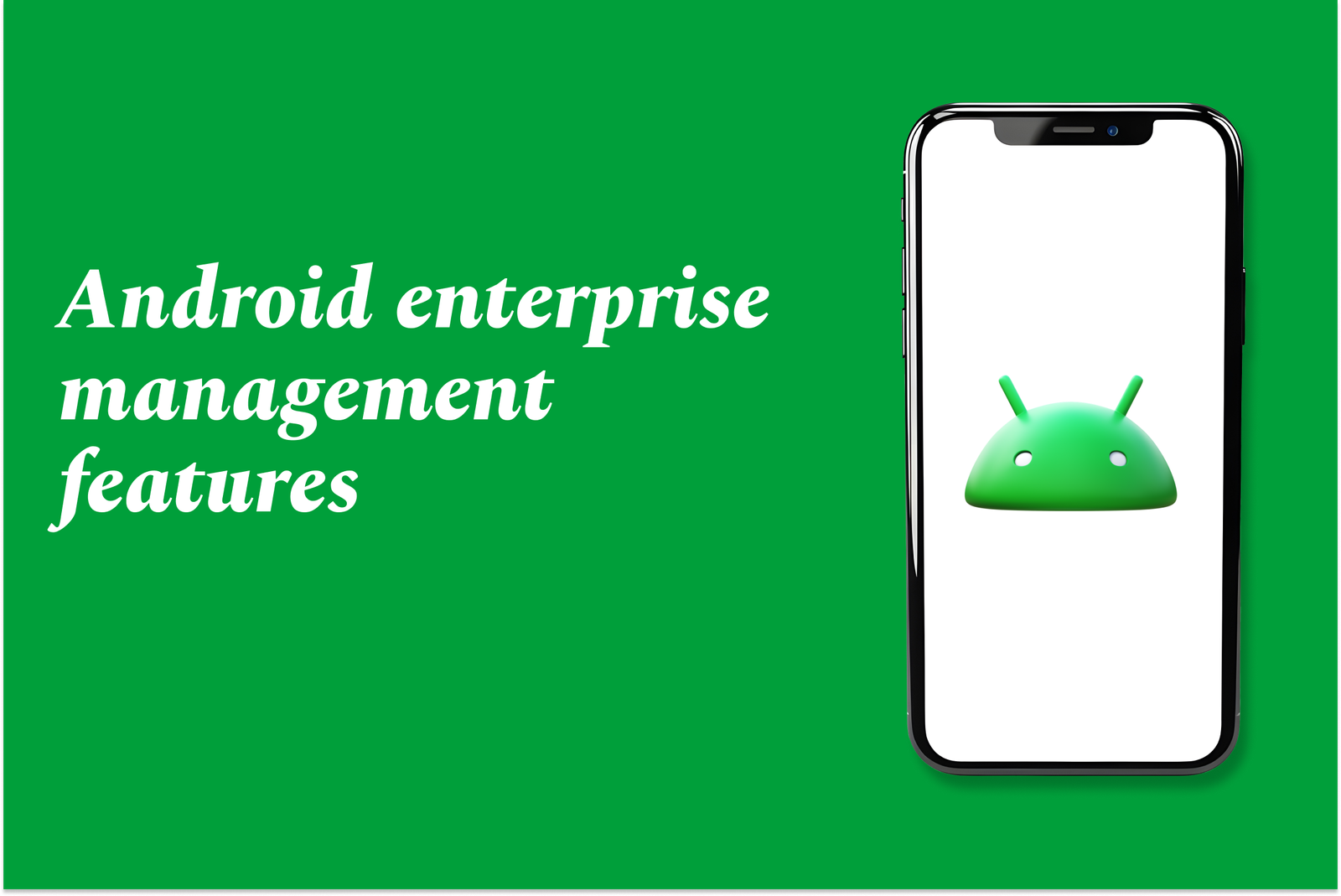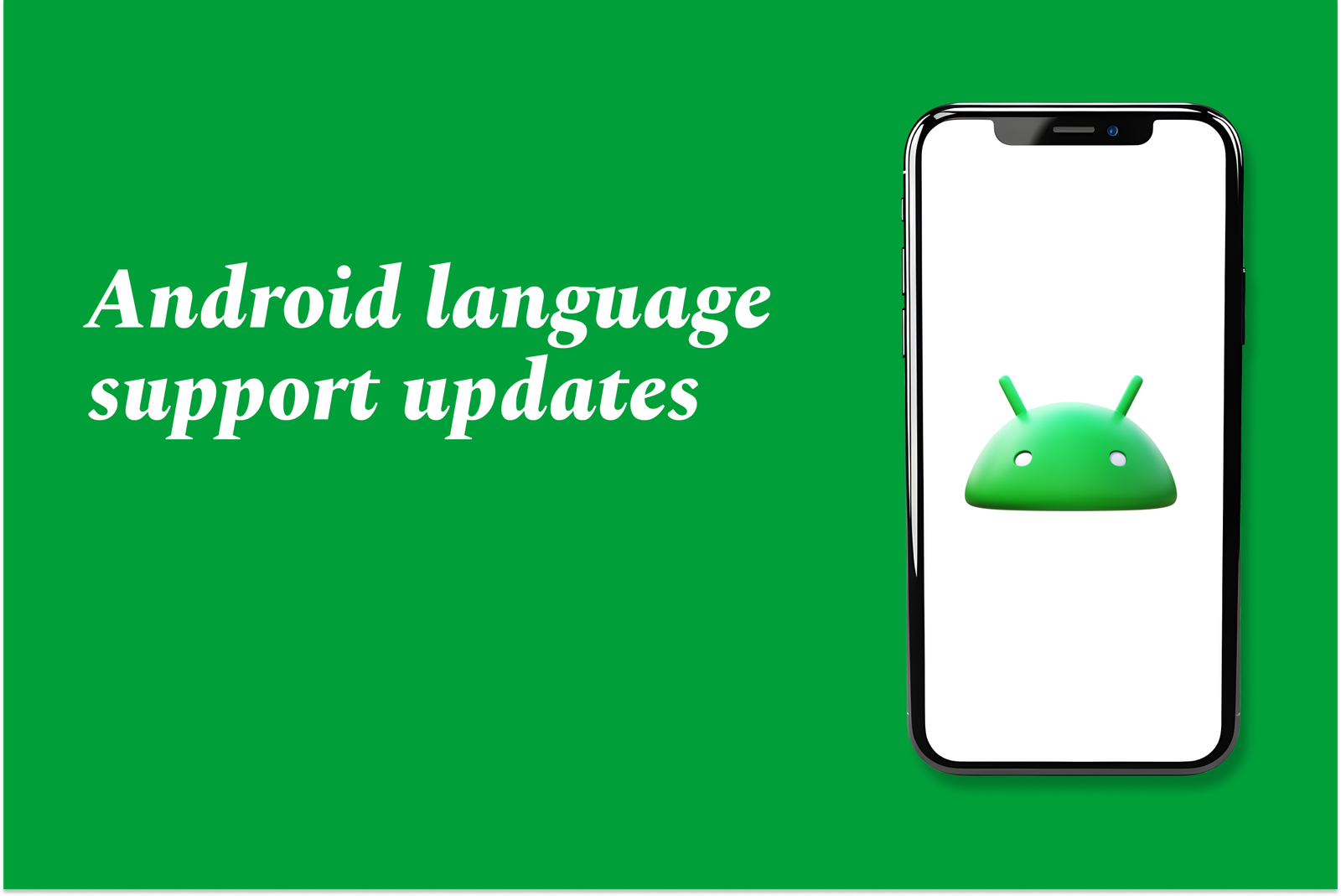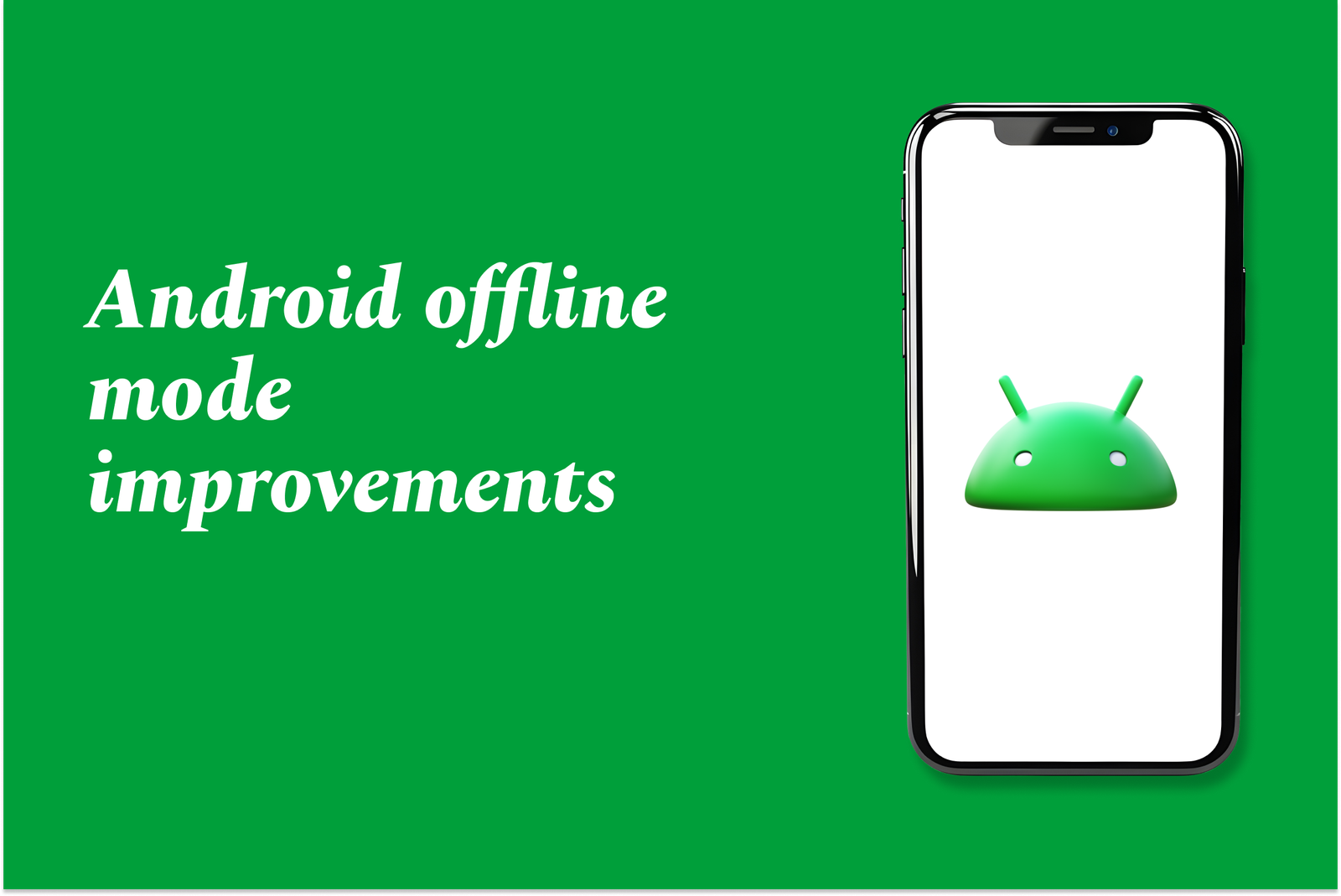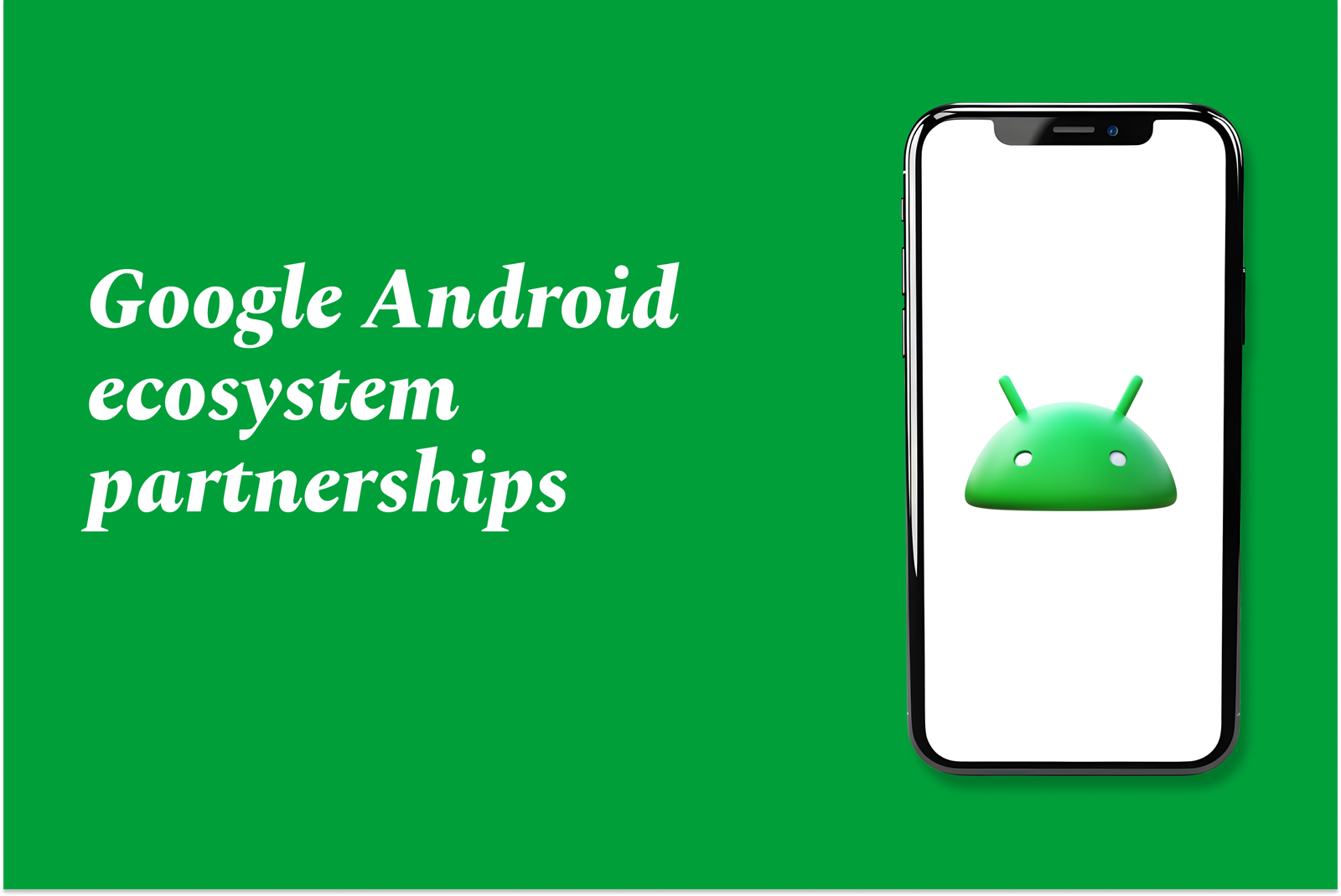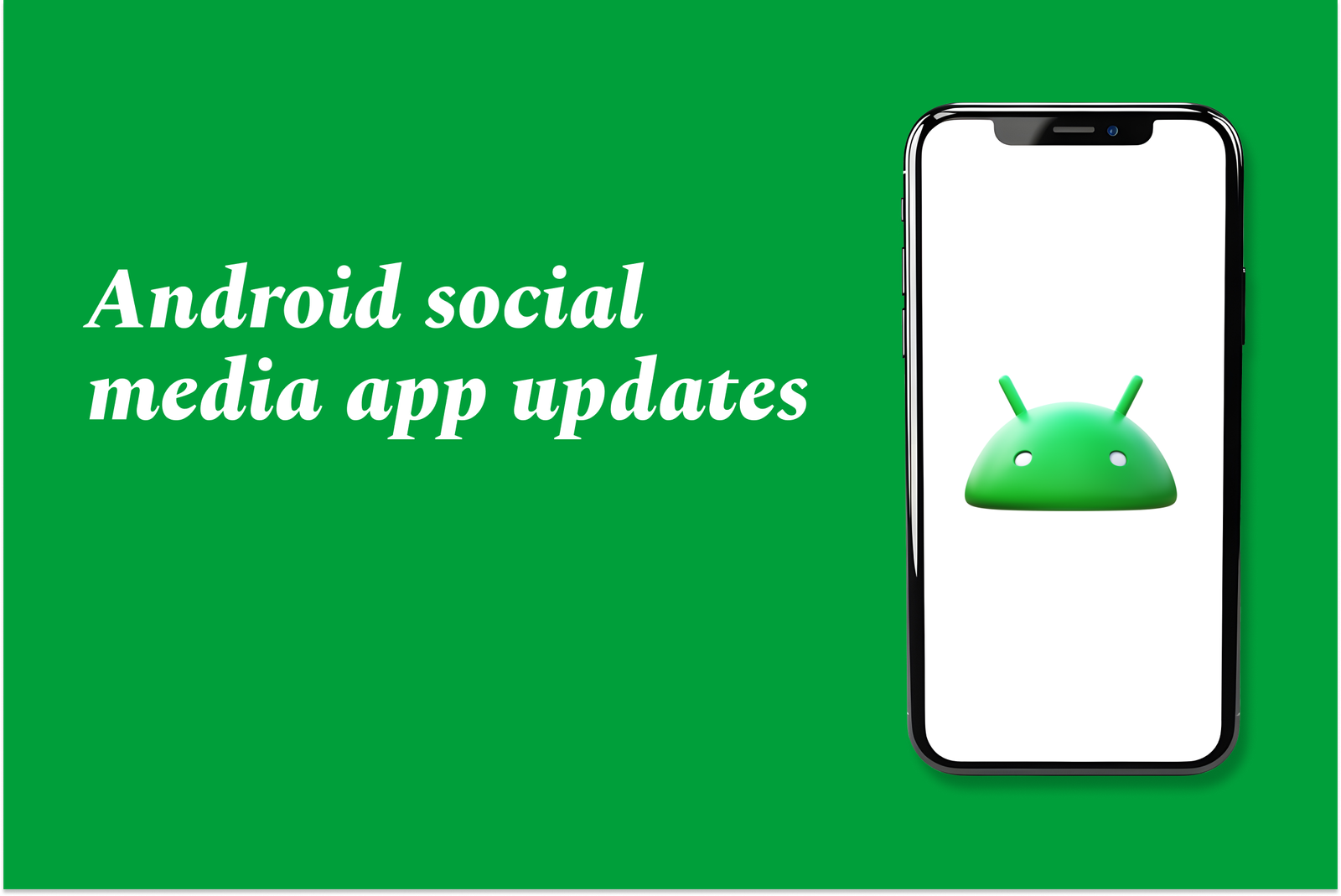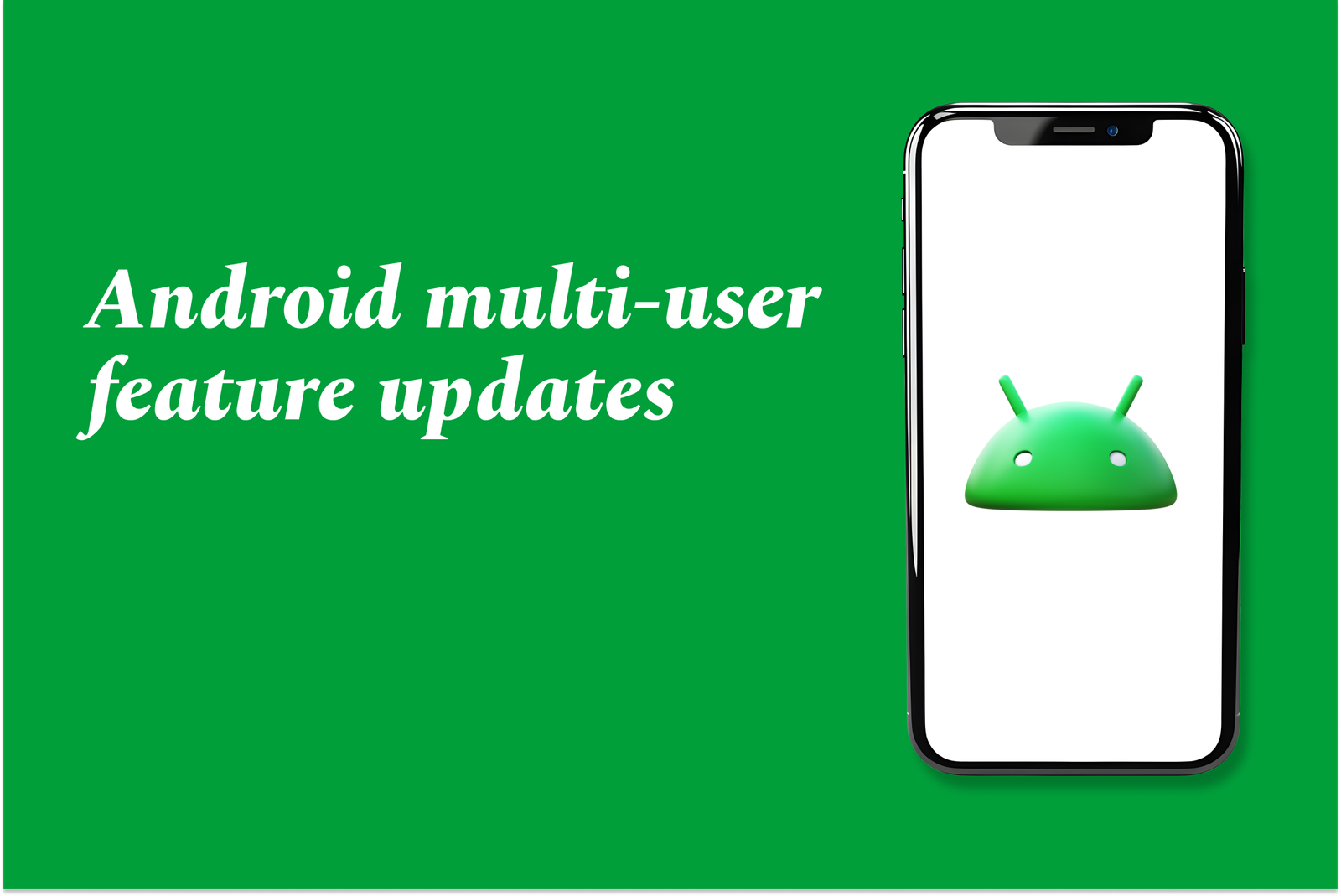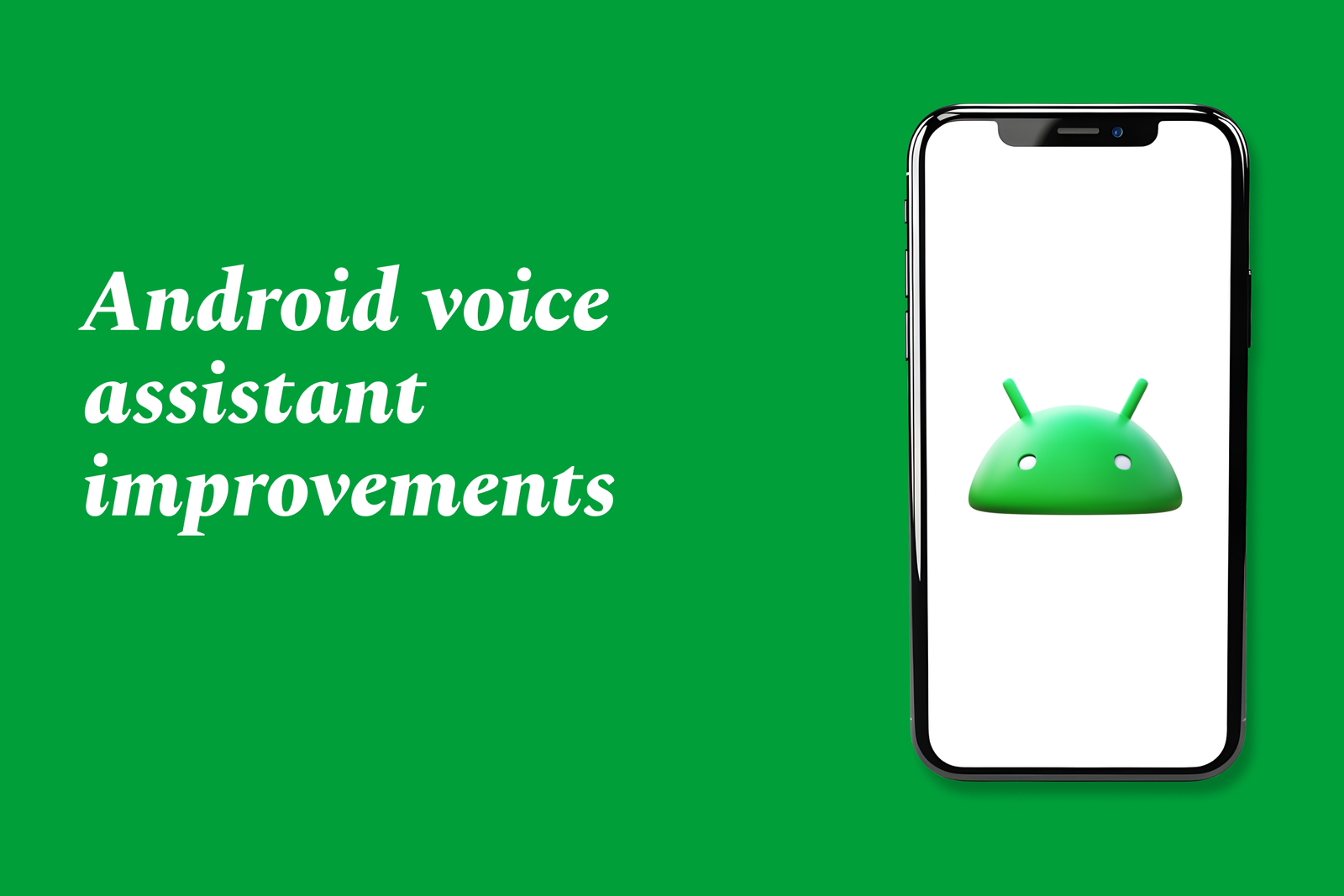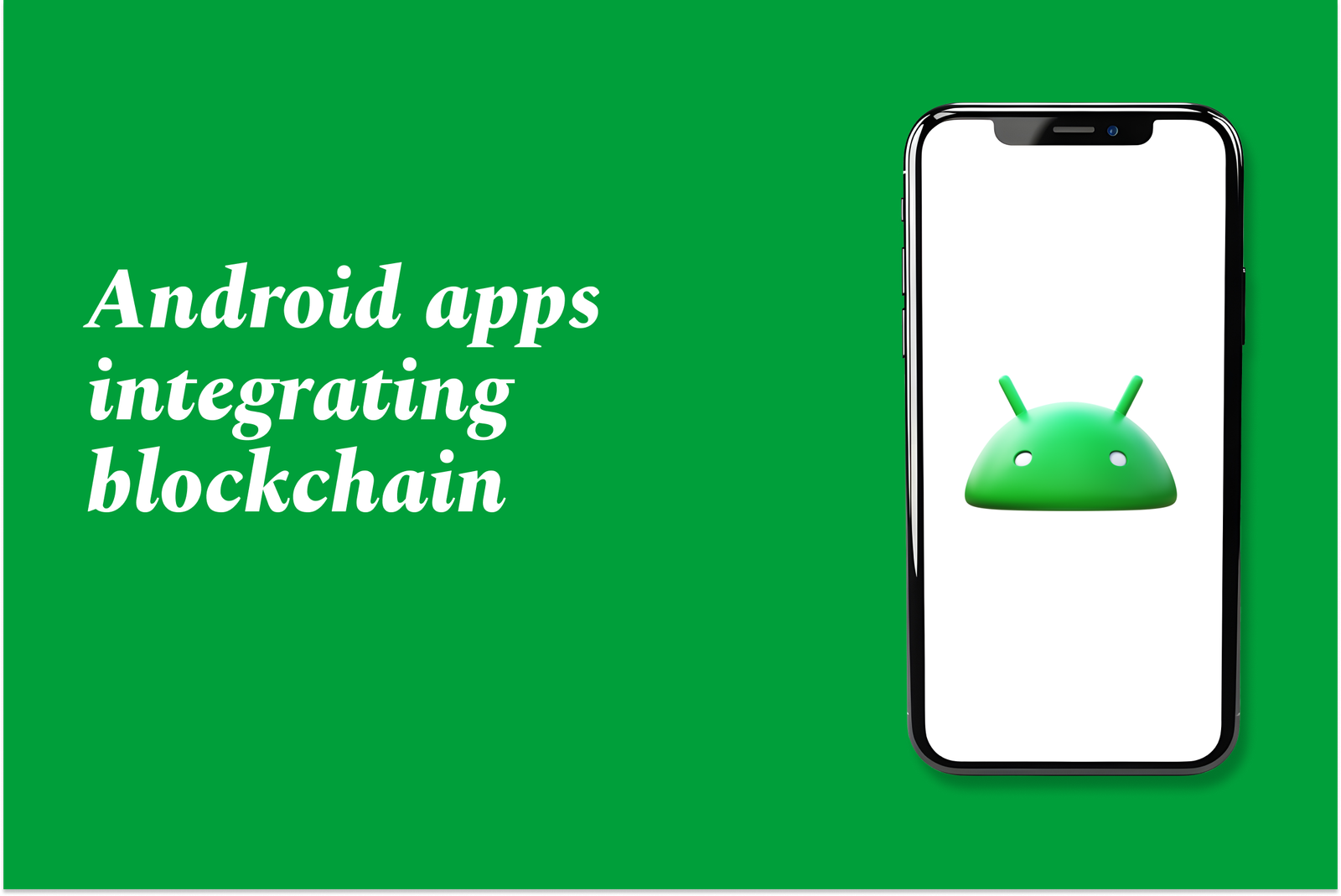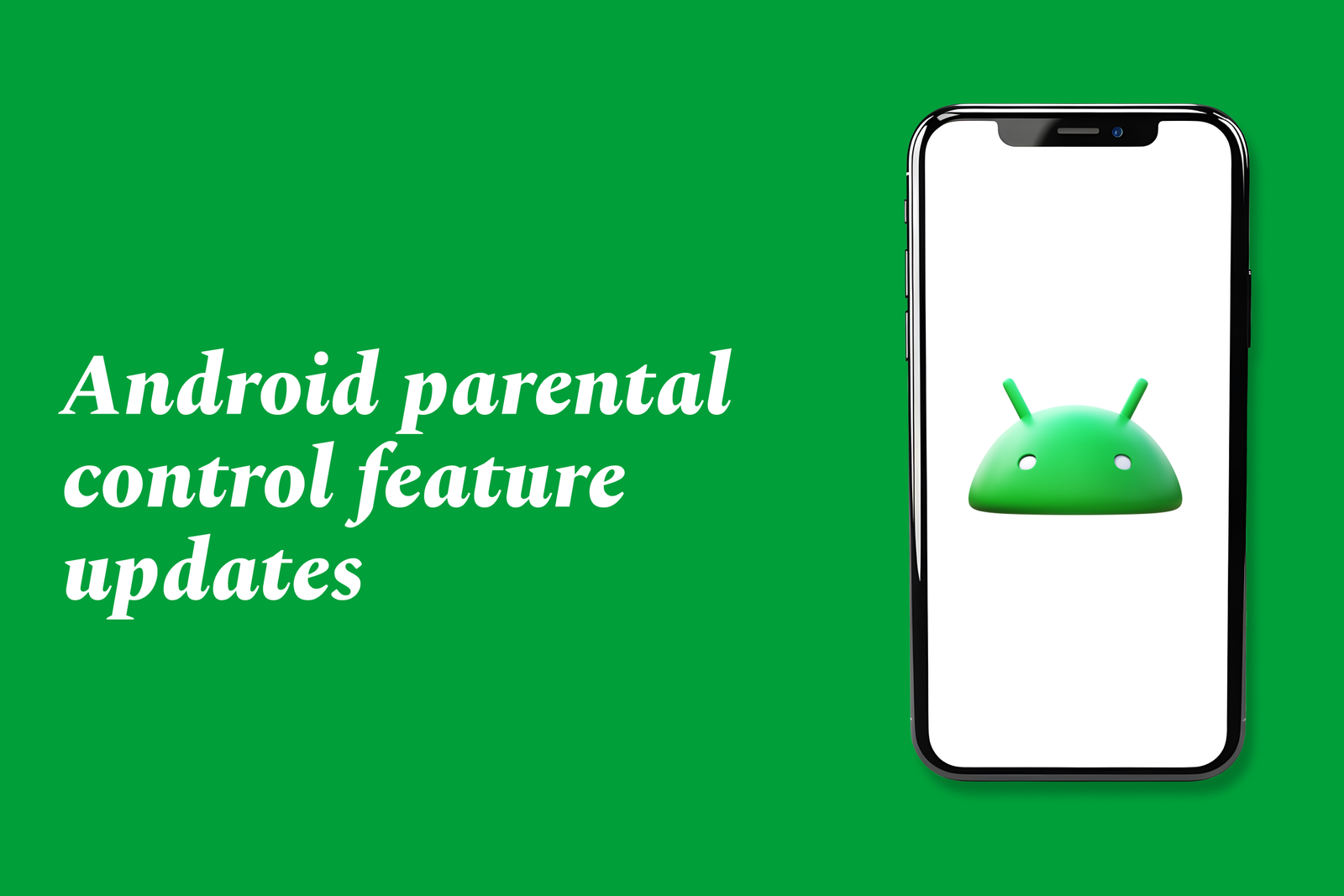Android Enterprise Management Features
Android Enterprise management features enable businesses to securely manage and deploy Android devices with options like Work Profiles, fully managed, and dedicated devices. This ensures data protection, user privacy, and flexible control across personal and company-owned devices.
Android Enterprise Management Features
1 ) Overview of Android Enterprise
Android Enterprise is a Google led initiative designed to integrate Android devices and apps into workplace management.
Provides APIs and tools for developers to support enterprise mobility management (EMM) solutions.
Supports management of various deployment scenarios including employee owned and company owned devices.
2 ) Management Use Cases and Modes
Android Enterprise offers diverse management options tailored to different device ownership and use cases:
Work Profile on Personally Owned Devices (BYOD): Creates a secure, separate work environment within a personal device, maintaining user privacy while protecting corporate data.
Work Profile on Company Owned Devices: Separates work and personal profiles on devices owned by the company.
Fully Managed Devices: Provides IT with complete control over company owned devices, ideal for stringent security needs.
Dedicated Devices: Locks devices into single use or kiosk modes, suitable for retail, logistics, or fieldwork.
3 ) Key Features by Management Mode
Work Profile (BYOD & COPE):
Separates work apps and data from personal use.
Enables secure management of corporate apps and data without compromising user privacy.
Users can disable work profile temporarily to avoid interruptions.
Fully Managed Devices:
Full IT control over device policies, apps, and user interface.
Ensures maximum security and compliance for sensitive industries like healthcare and finance.
Less personal freedom for users; devices often provided by the company.
Dedicated Devices:
Restricts device usage to specific apps and functions.
Enhances security by preventing unauthorized usage.
Suitable for kiosks, digital signage, or rugged field tools.
4 ) Provisioning and Enrollment
Supports several provisioning methods:
Zero touch enrollment for quick, scalable deployment.
NFC, QR code, and DPC identifier based provisioning.
EMM solutions managing over 500 devices must support a standard set of Android Enterprise features and can optionally implement advanced features.
5 ) Feature Sets and Verification
Android Enterprise categorizes features as standard (mandatory for large deployments) and advanced (optional for enhanced capabilities).
EMM providers verified for these features are recognized in the Android Enterprise Solutions Directory.
Use of Android Management API requires adherence to usage policies.
6 ) Security and User Experience Balance
Android Enterprise balances enterprise security with employee privacy and usability, especially via the Work Profile option.
Employees can use familiar devices while IT protects work data.
Devices can be mixed across management modes to best fit business needs.
7 ) Benefits and Considerations for Enterprises
Benefits include streamlined management, enhanced security, flexible device use models, and cost efficiency by enabling BYOD.
Considerations involve balancing control versus user privacy, device ownership costs, and management overhead.
8 ) Support and Resources
Extensive documentation, developer guides, and provisioning tools assist implementation.
Android Enterprise Solutions Directory helps organizations select appropriate EMM solutions.
The program is regularly updated with new features and security enhancements.
Summary:
Android Enterprise provides a comprehensive and flexible framework for managing Android devices in the workplace, catering to a range of device ownership and use scenarios through distinct management modes like Work Profile, Fully Managed, and Dedicated Devices. It balances security, privacy, and user experience while enabling scalable provisioning and deployment for enterprises.
https://justacademy.in/news-detail/flutter-beta-features-worth-exploring
https://justacademy.in/news-detail/flutter-for-voice-assistant-interfaces
https://justacademy.in/news-detail/flutter-code-coverage-tools
https://justacademy.in/news-detail/flutter-and-blockchain-integration
https://justacademy.in/news-detail/performance-testing-in-flutter-4.0
Related Posts
Android language support updates enhance the platform by enabling modern Java 8 features like lambdas and method references within Android Studio, improving code efficiency and developer experience without needing the Jack compiler, streamlining app development and build processes.
In 2025, Android enhances privacy with stricter app permissions, improved data encryption, and advanced APIs that give users greater control over their data. System updates focus on secure media handling and transparent, developer-friendly tools to protect personal information seamlessly.
Android offline mode improvements enhance app usability by allowing users to access content and features without an internet connection. These updates enable pre-downloading data, reduce dependency on continuous connectivity, and improve user experience during travel or in low-network areas.
Google Android ecosystem partnerships unite device makers, developers, carriers, and enterprises to build a flexible, secure platform powering billions of devices worldwide. These collaborations drive innovation, expand app access, and enhance user experiences across diverse Android-powered products.
Android social media app updates enhance user experience with improved features like real-time notifications, AI-driven content discovery, expanded communities, and better multimedia support. These updates ensure smoother interactions, faster info sharing, and more personalized social networking on mobile devices.
Android health and fitness app updates focus on improved data sharing, personalized coaching, and enhanced tracking across devices. Key apps like Health Connect, Samsung Health, and Google Fit offer better privacy controls, seamless integration, and support for diverse wellness goals.
Android's multi-user feature lets multiple people have separate profiles on one device, keeping data and apps separate. Recent updates improve user switching, address bugs like Wallet issues, and optimize performance by suspending inactive profiles for smoother multitasking.
Android voice assistant improvements enhance hands-free control by integrating smarter, more natural voice commands in Android Auto and CarPlay. Upgrades include better music navigation, AI-powered icon recognition for accessibility, and solutions for seamless connectivity, boosting safety and usability.
Android apps integrating blockchain leverage decentralized technology to enhance security, transparency, and trust in transactions and data management. These apps enable secure payments, identity verification, and supply chain tracking, revolutionizing mobile experiences across industries.
Android parental control updates enhance child safety by offering real-time monitoring, app notifications sync, screen time limits, app blocking, precise GPS tracking, and location alerts, enabling parents to manage and protect their children's device usage more effectively and securely.
